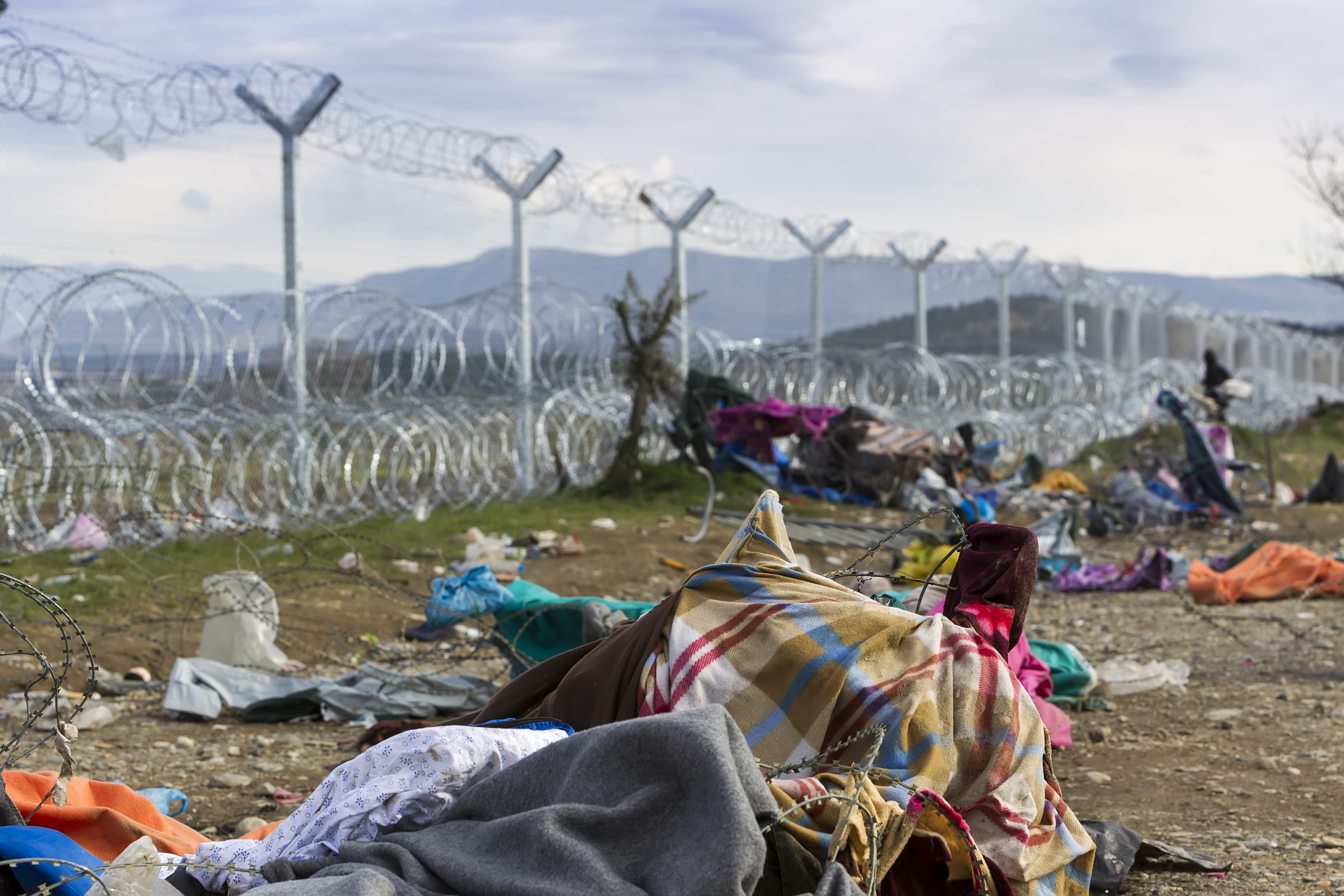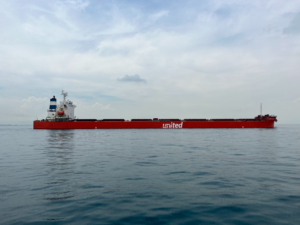Faced with a sharp rise in irregular sea arrivals from North Africa, particularly from Libya to Crete, the Greek government took the decision to temporarily suspend asylum application processing for those arriving by sea from North African countries.
The Greek prime minister Kyriakos Mitsotakis announced the suspension of the examination of asylum applications, initially for three months, for those arriving in Greece from North Africa by boat, noting that people entering the country illegally will be arrested and detained.
Mitsotakis left a window for dialogue with Libya regarding the departure of these boats from the Libyan coast, stating: “Our discussions with Libya, both with the legitimate internationally recognized government of Western Libya and with the government of Eastern Libya, continue.”
Greece will no longer tolerate the daily arrival of thousands of migrants in small boats from North Africa, the Greek minister of migration and asylum Thanos Plevris said on Thursday, who also announced the suspension of asylum applications, the detention of irregular migrants, and the drastic review of all benefits. “We cannot watch boats with a thousand people arrive every day and not react. Greece will not tolerate this”.
“The big problem right now is not on our eastern borders, but in the Libyan Sea”, stated the minister, announcing a series of immediate deterrent measures to deal with the increased migratory flows from North Africa.
“The Ministry of Immigration is not a hotel,” he emphasized, adding that the country cannot appear as an “attractive destination” for those who enter illegally.
Speaking to Greek SKAI TV, Plevris stated that refugee status should be granted only to those who meet strict international protection criteria and called for a unified EU framework for migrant returns.
“The first move is the suspension of asylum applications. Anyone who enters illegally no longer obtains international protection status. The suspension is not unlimited, as it must be reviewed in light of the country’s European obligations, but the message is clear: safe “refuge” is no longer offered through a formal asylum application.”
At the same time, he referred to the possibility of abolishing the HELIOS+ program, on the grounds that those who receive asylum should be integrated into the labor market instead of relying on subsidies. “I don’t understand why someone who has received asylum should receive subsidies. They should go find a job,” he stated characteristically.
Referring to the issue of minors, the minister announced that any migrant who does not accept a medical check to verify his age will be presumed to be an adult.
“Someone cannot declare themselves 16 years old and have no one check it. Those who refuse the medical check will be considered adults.”
Finally, Plevris announced the creation of a closed facility in Crete, pointing out that “it must be done and will start immediately,” as “Crete is a key point due to its geographical location and pressure from the south.”
On detention and returns, the minister emphasized: “Those who are not entitled to asylum will now be detained. We are promoting return agreements with countries of origin with an emphasis on voluntary returns. Many of those arriving via Libya are Egyptians, and can be returned. At the same time, we are changing the legislation: Staying in the country after being rejected for asylum is now a criminal offense. The offender will be punished with a prison sentence of up to 5 years without suspension, with the only alternative being return to the country of origin. The new framework is being introduced immediately in the public consultation.”
Regarding the benefits to asylum seekers, the minister added: “Greece will not continue to provide benefits to those who enter illegally. This situation will not continue. A review of all benefits given to irregular migrants is underway.”



